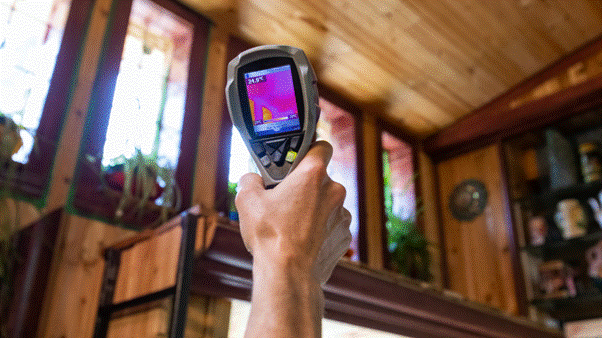Creating a healthy and comfortable living environment involves considering various factors, and one crucial element is insulation. While insulation is primarily associated with energy efficiency, its impact on indoor air quality should not be overlooked. Poor indoor air quality can lead to allergies, respiratory issues, and other health problems.
In this blog post, we will explore the benefits of insulation in minimizing allergens and pollutants, ensuring cleaner and healthier indoor air. We will also highlight the importance of professional insulation companies in Virginia Beach for optimal results.
Insulation and Indoor Air Quality: 5 Major Benefits
Insulation and indoor air quality provide the following benefits in minimizing allergens and pollutants:
Benefit #1: Prevention of Outdoor Contaminants
Proper insulation acts as a protective barrier, preventing the infiltration of outdoor allergens and pollutants into the indoor space. By sealing gaps and cracks, insulation minimizes the entry of dust, pollen, smoke, and other airborne particles. This creates a healthier indoor environment by reducing the presence of external contaminants that can trigger allergies and respiratory problems.
Benefit #2: Moisture Control and Mold Prevention
Moisture control is another significant benefit of insulation in improving indoor air quality. By effectively regulating temperature and preventing condensation, insulation helps control humidity levels. Excessive moisture can lead to mold and mildew growth, which releases allergenic particles into the air. Proper insulation with moisture-resistant properties helps minimize the risk of mold formation, thereby reducing allergens and pollutants in the indoor environment.
Benefit #3: Air Sealing for Enhanced Indoor Air Quality
Air sealing is a critical aspect of insulation that contributes to improved indoor air quality. Insulation materials, such as foam, sealants, and weatherstripping, are used to seal gaps, cracks, and other openings in the building envelope. This helps prevent the infiltration of outdoor pollutants, dust, and allergens, ensuring that the air inside the living space is cleaner and more controlled. Effective air sealing, combined with insulation, can significantly reduce the presence of allergens and pollutants.
Benefit #4: Low-Emission Insulation Materials
Choosing insulation materials with low emissions of volatile organic compounds (VOCs) is essential for maintaining indoor air quality. VOCs are chemicals released by certain building materials and products, which can contribute to poor indoor air quality and health issues. Opting for insulation materials that have low VOC emissions minimizes the introduction of harmful pollutants into the indoor environment, promoting a healthier living space.
Benefit #5: Regular Maintenance and Inspection
Regular maintenance and inspection of insulation are crucial for ensuring its effectiveness in minimizing allergens and pollutants. Over time, insulation can deteriorate, become damaged, or develop moisture issues. Regular inspections allow for the identification and timely resolution of any insulation-related issues that may affect indoor air quality. This includes checking for proper installation, detecting signs of moisture or mold, and addressing any areas that may need reinforcement or replacement.
Conclusion
Insulation plays a vital role in minimizing allergens and pollutants, thus contributing to better indoor air quality. To achieve optimal results, it is crucial to seek the expertise of professional insulation companies in Virginia Beach. Additionally, considering complementary services like air duct cleaning in Virginia Beach can further enhance indoor air quality by removing accumulated dust, debris, and contaminants from the HVAC system. By prioritizing insulation and maintaining good indoor air quality, you can create a healthier and more comfortable living space for you and your family.







